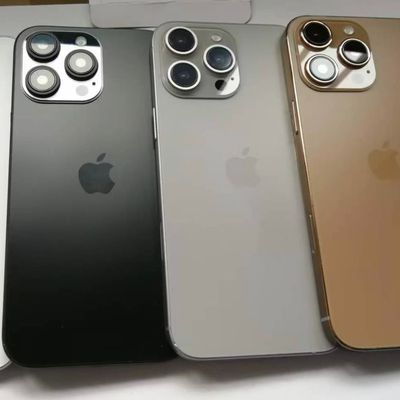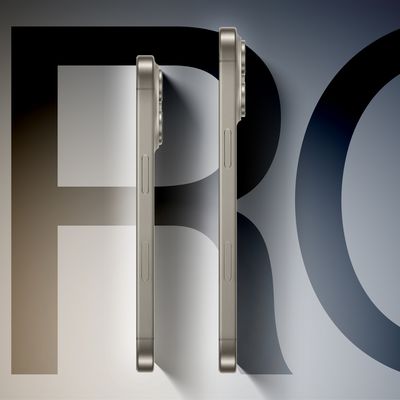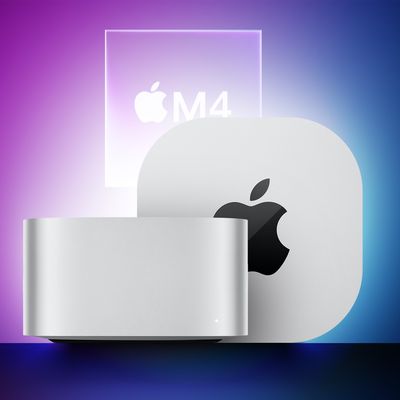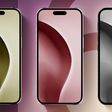New iPad Only Supports First-Gen Apple Pencil, Requires Adapter to Charge
The new, 10th-generation iPad only supports the first-generation Apple Pencil, meaning that it requires an adapter to charge separately via a wired connection since the device has moved to USB-C.
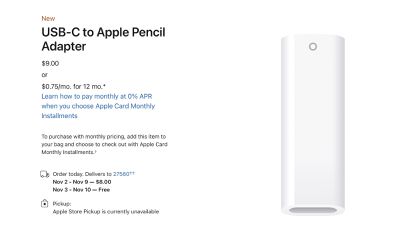
The new iPad has no magnetic wireless charger on the side to connect to the second-generation Apple Pencil. Only the first-generation Apple Pencil is supported by the device, which normally needs to be plugged into a Lightning port to charge. The iPad now has a USB-C port, meaning that the Apple Pencil can no longer be charged directly via the iPad.
Entry-level iPad users who want to use the Apple Pencil will need to charge the accessory using a USB-C cable and a separate adapter. The smallprint on Apple's 10th-generation iPad press release states:
Apple Pencil (1st generation) is compatible with the new iPad. A new USB-C to Apple Pencil Adapter is required for pairing and charging and is included in the box with a new version of Apple Pencil (1st generation) for $99 (US).
For existing owners of Apple Pencil (1st generation), the USB-C to Apple Pencil Adapter is sold separately for $9 (US).
The first-generation Apple Pencil came with a female to female Lightning adapter allowing it to be charged separately, but now Apple is offering a new variant of the accessory called the "USB-C to Apple Pencil Adapter" that enables Apple Pencil users to charge. The adapter is available separately at a price of $9 for existing Apple Pencil users, while new Apple Pencil units include the adapter in the box.
Popular Stories
Leaker Sonny Dickson is back today with a new dummy unit image showing all four iPhone 16 Pro color variants, including the rose gold or "bronze" unit that replaces Blue Titanium in the existing iPhone 15 Pro models. The iPhone 16 Pro models are expected to come in black, white or silver, gray or "Natural Titanium," and a rose or rose gold color replacing Blue Titanium, according to Apple...
Multiple rumors have suggested that the iPhone 16 models are going to have an all-new button that's designed to make it easier to capture photos when the devices are held in landscape mode. Apple calls the button the Capture Button internally, and it is going to be one of the most advanced buttons that's been introduced to date with support for multiple gestures and the ability to respond to ...
Apple typically releases its new iPhone series in the fall, and a possible September 10 announcement date has been floated this year, which means we are just one month away from the launch of the iPhone 16. Like the iPhone 15 series, this year's lineup is expected to stick with four models – iPhone 16, iPhone 16 Plus, iPhone 16 Pro, and iPhone 16 Pro Max – although there are plenty of design...
Apple's iPhone 16 series is expected to debut in September 2024. This release follows Apple's trend of introducing new iPhone models annually in the fall. While the exact date has yet to be officially confirmed, the day of Tuesday, September 10 has been rumored as a possible announcement date, and September has traditionally been the month when Apple unveils its latest smartphone innovations. ...
Apple is moving forward with its project to develop a tabletop robotic device, according to Bloomberg's Mark Gurman. Subscribe to the MacRumors YouTube channel for more videos. The device would feature a large iPad-like display mounted on a "thin robotic arm" that would allow the display to tilt and up and down and rotate a full 360º, and it would serve as a "smart home command center," a...
It's almost September, but Apple still has multiple new product launches planned for 2024. New iPhone 16 models and Apple Watches are coming in September, and we're also going to get at least three Mac updates with M4 chips this year, according to rumors. Here's what's on the horizon. MacBook Pro Apple plans to refresh both the 14-inch and 16-inch MacBook Pro models, adding M4 chips. The ...
T-Mobile was fined $60 million by the Committee on Foreign Investment in the US (CFIUS) for negligence surrounding data breaches, reports Reuters. CFIUS penalized T-Mobile for failing to prevent or disclose unauthorized access to sensitive customer data. When T-Mobile merged with Sprint, it signed a national security agreement with CFIUS, which is what led to the fine earlier this year....



